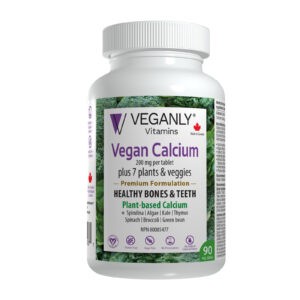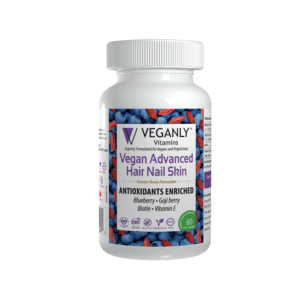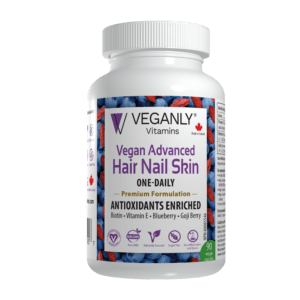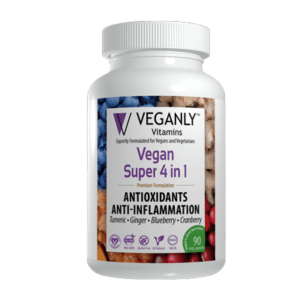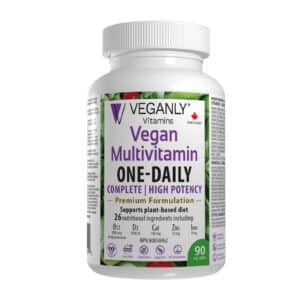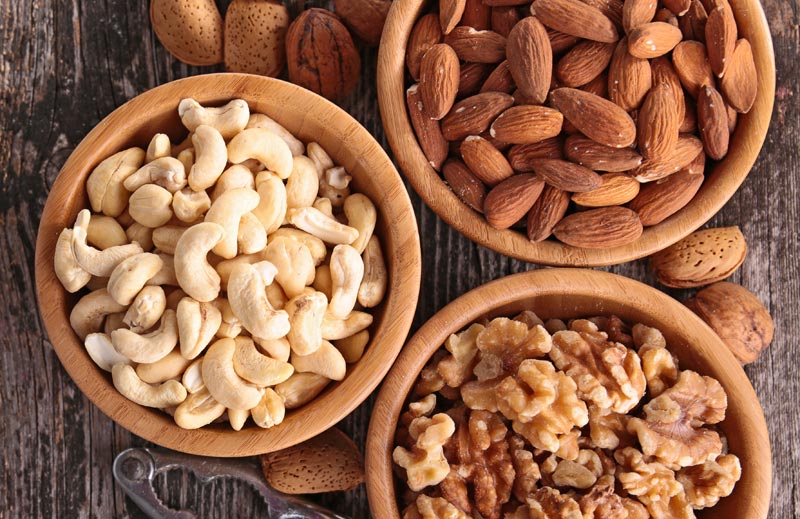Fat has often been vilified in our battle with the bulge. We now know that there are good and bad fats. Omega-3 and Omega-6 are essential fatty acids, which have been heralded for promoting health and preventing diseases like heart diseases, cancer, diabetes, etc.
Omega-3 (alpha-linolenic acid called ALA) and omega-6 (linolenic acid) belong to the family of essential fatty acids and these are good fats you want in your diet.
Why it’s Good for You
– Reduces the incidence of heart disease and stroke
– Relieves symptoms associated with menstrual pain, ulcerative colitis, and joint pain
– Aids in cancer prevention
– Optimizes brain and vision function
– Helps to fight against diabetes, hypertension, arthritis, and depression
With all these amazing benefits, how do we get these nutrients? Our body can’t produce them, so we need to add them into our diet from various plant-based sources.
| The Good Fat | where to find them |
|---|---|
| Omega-3 (ALA – alpha-linolenic acid) | -Nuts and seeds like walnuts and flaxseed -Oils from flaxseed, soybean, walnuts -Green leafy vegetables |
| Omega-6 (linoleic acid) | -Fruits -Nuts, grains, seeds -Oils from safflower, sunflower, corn, soya, evening primrose, wheatgerm |
Balance is Key
While you may be tempted to consume as much good fat as possible, too much Omega-6 can cancel out the amazing benefits of Omega-3, and can lead to chronic inflammation, hypertension, and heart problems. We need to be mindful of how much we consume of each type of good fat.
The recommended ratio of Omega-6 to Omega 3 is between the range of 1:1 to 1:4. Calculating these ratios may be a little daunting for most people and it is likely that vegans and vegetarians already have a diet rich in Omega-6 from vegetables. The key is making sure you do not eat too much Omega-6 compared to Omega-3.
The table below is a helpful guide that shows the Omega-6 to Omega-3 ratios of some plant-based sources.
| Food | Omega-6 to Omega-3 Ratio | ALA Quantity |
|---|---|---|
| Flaxseeds | 1:4 | 1.6g / tablespoon |
| Flaxseed oil | 1:4 | 2.5 g / tablespoon |
| Chia seeds | 1:3 | 5 g / oz. |
| Camelina oil | 1:2 | |
| Canola oil | 2:1 | 1.3 6/ tablespoon |
| English walnut | 4:1 to 5:1 | 2.6 g/ oz. (14 halves) |
| Walnut Oil | 5:1 | 1.4 g / tablespoon |
| Soybean oil | 7.5:1 | 0.9 g / tablespoon |
| Black walnuts | 10:1 | 0.9 g /oz. |
How about Vegans and Vegetarians?
Vegans and vegetarians tend to be deficient in specific types of Omega-3 called DHA and EPA, by as much as 50-60% from recommended levels. The reason is that these nutrients are typically found in fish and eggs.
Here are some helpful suggestions for vegans and vegetarians looking to boost their DHA and EPA intake:
Take a DHA supplement:
– Under 60 years old: 200-300 mg every 2-3 days
– 60+ years old: 200-300 mg per day
Minimize your Omega-6 food intake:
– Substitute foods that are high in vegetable and sesame oils for olive, peanut, avocado, and canola oils
Add more Omega-3:
– It is recommended to add 0.5g of uncooked sources of ALA daily
– To rev up your Omega-3 intake, here are some easy ways:
* Sprinkle flaxseeds or flaxseed oil in your soup, salads or breakfast cereals and oatmeal
* Snack on walnuts
* Add a teaspoon of olive oil to your salads
* Use canola or olive oil for cooking
* Opt for leafy greens like spinach
It should be noted that too much Omega-3 can have negative results as well. If you are prone to bleeding and bruising, consult a health professional before increasing your intake of Omega-3. The trick is to stay within recommended levels.
Everything in Moderation
Like everything else in life, take things in moderation and that includes minding your intake of essential fatty acids from plant-based sources and making sure you are eating more Omega-3s than Omega-6s by smartly substituting with nuts, seeds and nut/seed oils. For vegans and vegetarians who may be challenged in achieving the daily dietary requirements for Omega-3, taking a nutritional supplement is one of the steps you can take for optimal health and wellness.
REFERENCES
Kaur, N., Chugh, V., Gupta, A. Essential Fatty Acids as Functional Components of foods- A Review. Journal of Food Science Technology. 2014 Oct.
http://veganhealth.org/articles/omega3
Simopoulous AP. Essential fatty acids in health and chronic diseases. Am J Clin Nutr. 199; 70:560S-569S
Li D, Sinclair A, Wilson A, Nakkote S, Kelly F, Abedin L, Mann N, Turner A. HYPERLINK “http://www.ncbi.nlm.nih.gov/pubmed/10232625” Effect of dietary alpha-linolenic acid on thrombotic risk factors in vegetarian men. Am J Clin Nutr. 1999 May;69(5):872-82.
Roshanai F, Sanders TA. Assessment of fatty acid intakes in vegans and omnivores. Hum Nutr Appl Nutr. 1984 Oct;38(5):345-54.
Welch AA, Shakya-Shrestha S, Lentjes MA, Wareham NJ, Khaw KT. Dietary intake and status of n-3 polyunsaturated fatty acids in a population of fish-eating and non-fish-eating meat-eaters, vegetarians, and vegans and the precursor-product ratio of alpha-linolenic acid to long-chain n-3 polyunsaturated fatty acids: results from the EPIC-Norfolk cohort. Am J Clin Nutr. 2010 Nov;92(5):1040-51. | HYPERLINK “http://www.ncbi.nlm.nih.gov/pubmed/20861171” Link
THE CONTENT AVAILABLE VIA THE WEB SITE IS PROVIDED WITH THE UNDERSTANDING THAT NEITHER VEGANLY NOR ITS SUPPLIERS OR USERS ARE ENGAGED IN RENDERING MEDICAL, COUNSELING, LEGAL, OR OTHER PROFESSIONAL SERVICES OR ADVICE.
SUCH CONTENT IS INTENDED SOLELY AS A GENERAL EDUCATIONAL AID. IT IS NOT INTENDED AS MEDICAL OR HEALTHCARE ADVICE, OR TO BE USED FOR MEDICAL DIAGNOSIS OR TREATMENT, FOR ANY INDIVIDUAL PROBLEM. IT IS ALSO NOT INTENDED AS A SUBSTITUTE FOR PROFESSIONAL ADVICE AND SERVICES FROM A QUALIFIED HEALTHCARE PROVIDER FAMILIAR WITH YOUR UNIQUE FACTS. ALWAYS SEEK THE ADVICE OF YOUR PHYSICIAN OR OTHER QUALIFIED HEALTHCARE PROVIDER REGARDING ANY MEDICAL CONDITION AND BEFORE STARTING ANY NEW TREATMENT.

